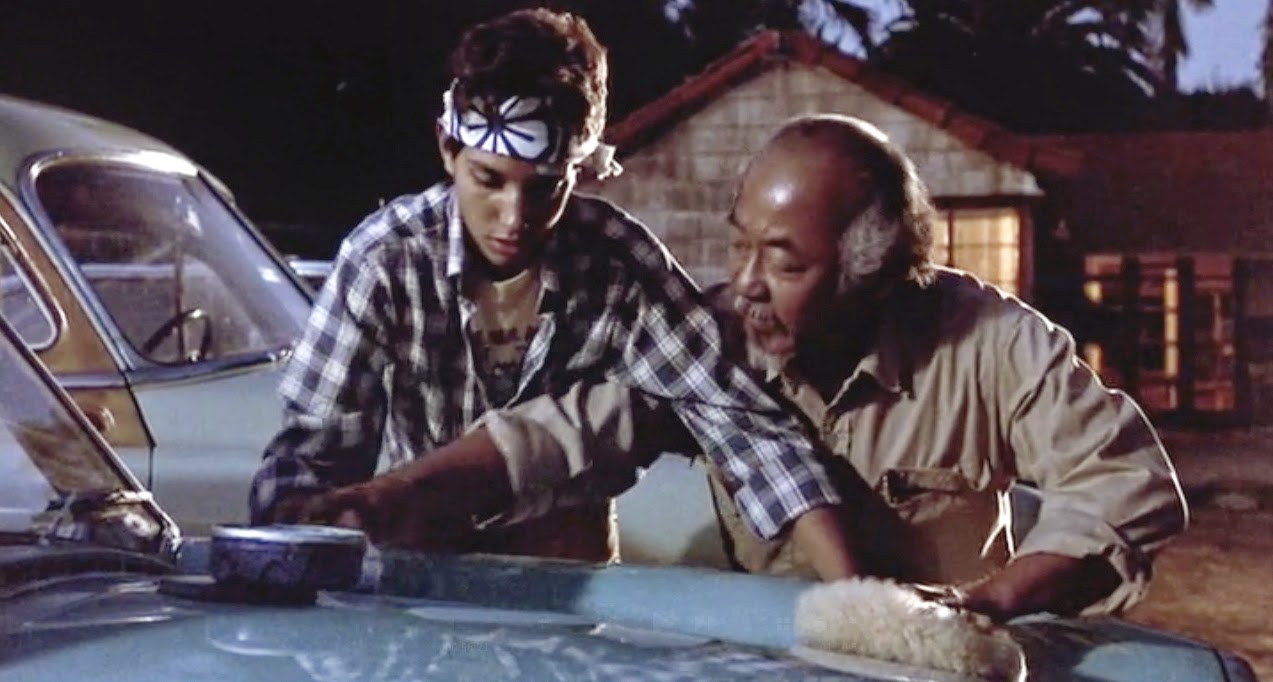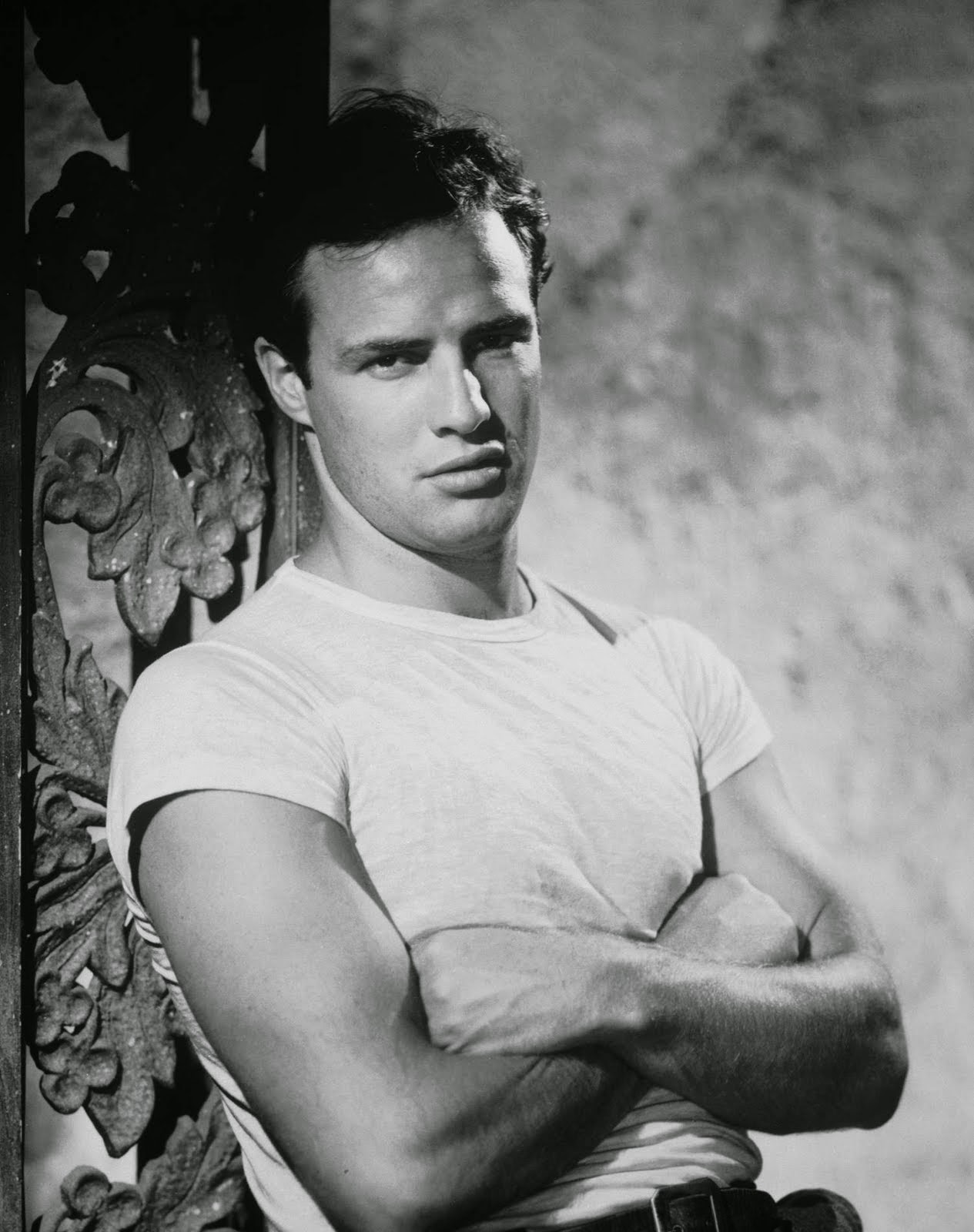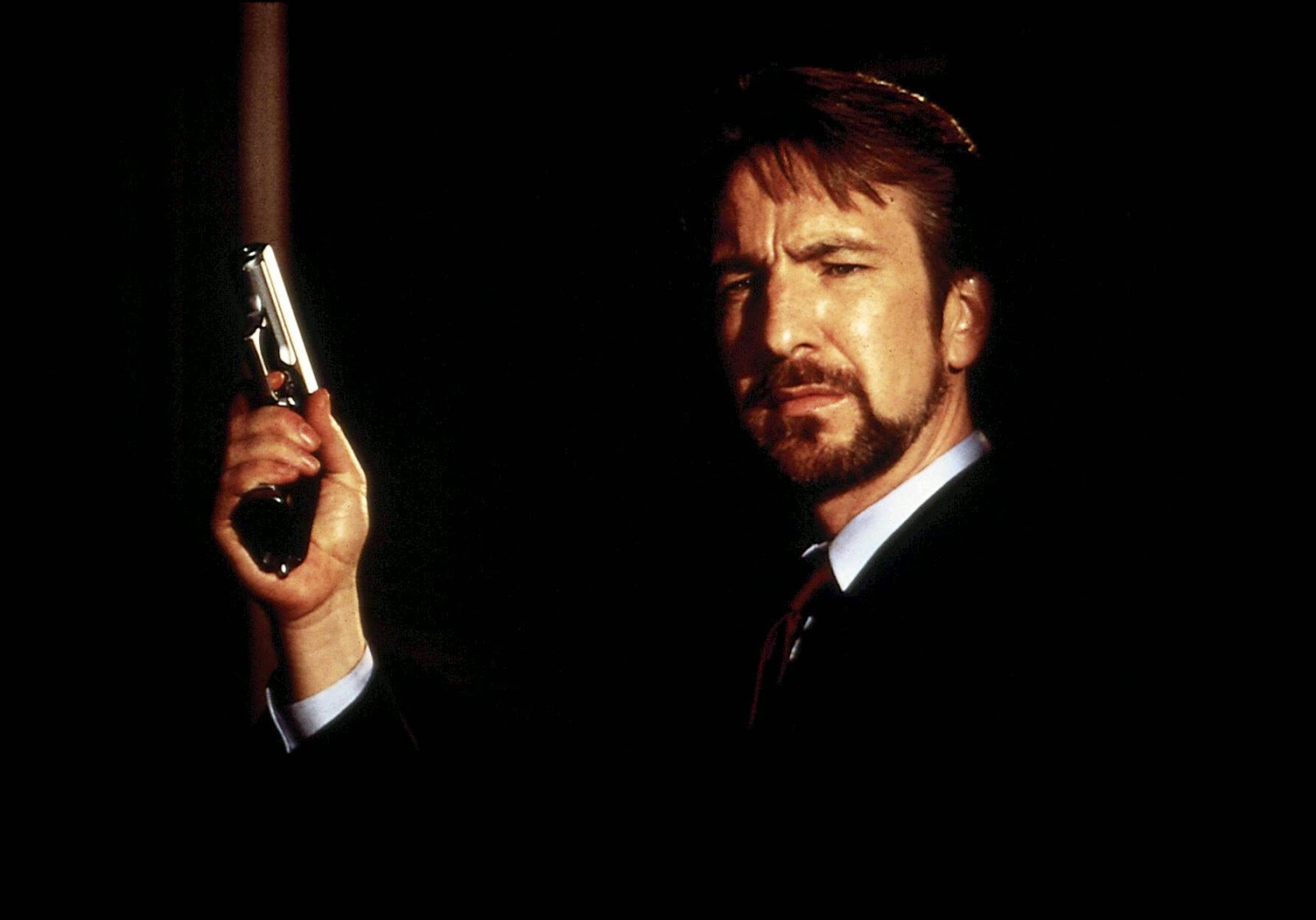This week marks the 30th anniversary of the crane kick and the movie that made Ralph Macchio a superstar(temporarily). I may be aging myself when I admit that I can recall the KK phenomenon that broke out in the mid-'80s, but so be it. Daniel LaRusso and Mr. Miyagi were one of the decade's best duos in a decade that was full of them(Marty and Doc, Riggs and Murtaugh, Neal Page and Del Griffith, Indy and his dad). They deserve some love for enhancing the childhood of an entire generation.
Most if not all of us have experienced schoolyard bullying at some point in our lives. I was actually terrified at the prospect of entering high school because I thought it would be overrun by blonde karate bullies. While my experiences weren't quite as traumatic as Daniel-san's, I definitely could have benefitted from the supreme guidance of a kindly, old Asian martial arts master during those tough teen years. That sort of thing just doesn't happen in the real world, but that's the magic of cinema. We got to live vicariously through the exploits of a scrawny kid from New Jersey as he tears through the All-Valley tournament with very limited, unconventional training after entering an equally improbable relationship with Elizabeth Shue. We didn't think twice about following him to Okinawa and were grateful when he put his college plans on hold to work in a bonsai store and take care of the resurgent Cobra-Kai dojo's nasty new ownership. Not even Hilary Swank and Will Smith's offspring could soil the legacy. Here's the complete history of an iconic crowd-pleaser.
"The Karate Kid"(1984)
Robert Mark Kamen was the creative voice behind this unlikely saga and his relatable script was the definite high point of a notable screenwriting career, while "Rocky" director John G Avildsen recognized the underdog formula he helped establish in that iconic 1976 Sylvester Stallone flick could easily be applied to martial arts and the hellish world of high school. Daniel LaRusso was rather unpopular in his new California surroundings and Ralph Macchio is very likable as our put-upon teen hero. His other half Mr. Miyagi is really one of the great characters of 1980s cinema and the warmth and quiet charm that former "Happy Days" cast member Pat Morita brought to this pivotal role earned him a Best Supporting Actor nomination. The chemistry that was displayed in their scenes together is something that just can't be planned or predicted and it lifted the film into that special realm that gets a blog written about it thirty years later. Phrases like "Wax-on, wax-off" as well as Cobra-Kai favorites like "Sweep the leg" and "Get him a body bag!" remain well known to this day. There wasn't any viewer, young or old, that didn't enjoy seeing William Zabka get humbled with that earth-shattering face kick in front of his sinister sensei Kreese(Martin Kove). Karate school attendance skyrocketed the moment Macchio walked out of that tournament with a trophy and Elizabeth Shue in tow and Hollywood had a new franchise on it's hands.
"The Karate Kid Part II"(1986)
This is the point in time when sequels to successful films were quickly becoming the norm and in the case of the red-hot Macchio-Morita tandem, follow-up plans were put in motion before they'd even completed their $91 million domestic box office run in the summer of '84. Fortunately, John Avildsen chose to direct both sequels and it's always nice to have that feeling of continuity. A trip to Okinawa presents a fresh romance and some bitter foes from Miyagi's past that take an instant disliking to Daniel-san. What is it about this kid that draws the ire of borderline psychopathic tormenters on both sides of the globe? This second chapter boasts an Oscar-nominated love song("The Glory Of Love") and the most brutal fight in the series. It's all harmless enough, but we were clearly moving away from the more grounded nature of the original premise. None of this mattered much to Reagan era youths. "Part II" made even more money than the first film and KK mania had reached it's absolute height. An animated series was produced for god's sake. There was nowhere to go but down.
"The Karate Kid Part III"(1989)
The inevitable third installment was given an unfortunate summer release one week after the juggernaut known as Tim Burton's "Batman", virtually eliminating any chance it had of matching the box office take of the first two. But the entertainment value in this guilty pleasure is just off the charts. I think this movie was on cable every single day in the early '90s and the main reason why is pictured above. I'm talking about the pony-tailed, scenery-devouring, malevolent force of nature known as Thomas Ian Griffith's Terry Silver. The REAL founder of the Cobra Kai dojo just may be the Devil himself. If Miyagi is Yoda and Kreese is Darth Vader, then that must make Silver the Evil Emperor. This guy takes a break from dumping nuclear waste to personally oversee the destruction of a teenager at the hands and feet of 'karate's bad boy' Mike Barnes(Sean Kanan). He lives in an ominous castle, laughs maniacally whenever his sick plans come together, and has no identifiable human traits or characteristics. He hires the crew that will terrorize Daniel while sitting in a hot tub, chomping on a cigar Tony Montana-style. If Avildsen and Kamen were trying to raise the bar for over-the-top villainy, they certainly succeeded. Every film is a product of it's time and I really believe that "KKIII" is above normal criticism. The '80s were drawing to a close and it was the last year that a story like this would be acceptable. The final moments achieve a surprising emotional heft as a triumphant Macchio embraces Morita after the obligatory tournament climax, it truly was the end of an era in more ways than one.
"The Next Karate Kid"(1994)
Every winning formula eventually runs it's course and Hollywood suits are often the last ones to realize when an idea or concept has passed it's expiration date. Here we have an example of a reboot long before the term was popularized, but did Tinsel-town execs really think that audiences would turn out for Pat Morita dispensing his old fortune cookie wisdom to a temperamental teenage girl? Not in the year that "Pulp Fiction" came out. Hilary Swank sure didn't look like a future two-time Academy Award winner when she replaced Ralph Macchio as Julie-san in this desperate attempt to squeeze a few more bucks out of the KK brand name. The result is about as much fun as a kick in the nuts. Unsurprisingly, director Christopher Cain("Young Guns") was never allowed to helm another worthwhile project for his decision to film Buddhist monks dancing to The Cranberries in one jarringly lame sequence. Tepid ticket sales reflected the public's disinterest and the once-flourishing franchise was seemingly laid to rest.
"The Karate Kid"(2010)
Or so we thought. It would be easy for a remake-resistant loyalist like myself to bash this 21st century re-working of a classic tale. But in fairness, it's really not terrible. Will Smith used his sizeable clout to put a few slight tweaks on the beloved 1980s property and turn it into a launching pad for eleven year old son Jaden. This blog might be the only positive reinforcement the young Smith has received since the appallingly nepotistic "After Earth" debacle, but he was actually quite winning as a bullied American outcast in Beijing while Jackie Chan is a natural fit in the mentor role of Mr. Han. The $358 million worldwide box office total is a testament to the timelessness of the story that Robert Mark Kamen came up with nearly three decades earlier. A sequel could still materialize for Jaden and Jackie. Will the masses show up again? You're guess is as good as mine, but as long as there's a kid in this world getting pushed around, the "Kid" will have some kick.






























.jpg)






























































































